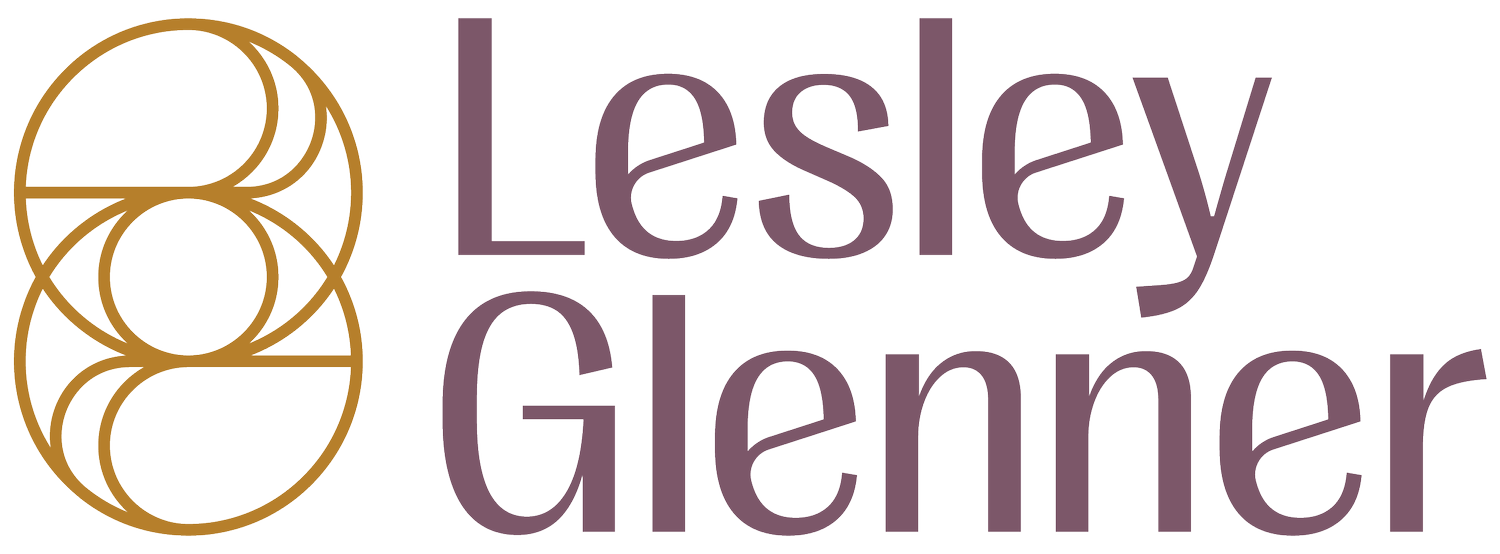A Self-Check on Commitment: Assess Your Commitment to Doing the Work
Do you feel deeply in your relationship? When both partners show up to couples counseling committed to “do the work,” the possibilities are nearly infinite. Have you wondered if a couples counseling setting could benefit your relationship? Couples in my practice bloom when supported by specific commitments and factors. Here are some questions to ask yourself.
Relational Self-Assessment for Couples
Answer the following questions honestly to assess your commitment to doing the work in couples counseling.
Foundational pillars:
1. I love my partner. Yes/No?
2. I trust my partner. Y/N?
3. I have openness to growing. Y/N?
4. I’m committed to showing up with emotional honesty. Y/N?
Tolerance
5. I can tolerate moments of rupture – I don’t need to pretend everything is fine. Y/N
6. I’m willing to grieve aspects of myself that have fallen away, through partnership or life choices. Y/N?
Willingness
7. I value working to create a “win” for all involved. Y/N?
8. I’m willing to be wrong. Y/N?
9. I’m willing to look at how each partner’s past experience has impacted the relationship. Y/N?
10. I’m willing to see my personal impact on problems, without relying on blame. Y/N?
11. I want to implement changed behavior through awareness. Y/N?
Ability
12. I have (or want to build) my ability to repair disagreements. Y/N?
13. I can tolerate shame from my own harmful past behavior. Y/N?
14. I embrace self-compassion and humility over perfectionism. Y/N?
Curiosity
15. I’m still curious about my partner. Y/N?
16. I’m curious about myself. Y/N?
17. I have a growth mindset, rather than a fixed mindset. Y/N?
Scoring
Give yourself 1 point for each "Yes" answer and 0 points for each "No" answer.
Interpretation:
14-17 points: You are committed to doing the work in couples counseling and will likely benefit and grow together through the process.
10-13 points: You may have some reservations about couples counseling, but are still willing to work on your relationship and may benefit from counseling.
0-9 points: You may need to get clear on your own feelings about the relationship before working on it together in couples counseling.
If your score was between 0-9 please see the Getting Ready for Couples Counseling To-Do List:
Schedule individual therapy sessions: Before starting couples counseling, it may be helpful for each partner to work on their individual issues and concerns with a therapist. For example if you answered "no" to questions you may have some work to do around trust. It could be that your partner has betrayed you or possibly you may be bringing your prior relationship wounds into your current relationship. It's so helpful to know the difference and working with a professional can help you suss out the different. This can help you both gain clarity and prepare for the work you'll do together in couples counseling.
Communicate openly and honestly with your partner: Take time to talk with your partner about your concerns and reservations about couples counseling. Be open and honest about your feelings, and try to listen to your partner's perspective as well. Consider writing down your thoughts and feelings beforehand to help organize your thoughts. If this conversation goes well it could be a great beginning to doing the work together.
Educate yourself about couples counseling: Research and read up on what couples counseling entails (and debunk the myths), what to expect during sessions, and how it can benefit your relationship. This can help alleviate some of the fear or uncertainty you may have about starting counseling.
Set goals for your relationship: Discuss with your partner what you hope to achieve through couples counseling. Write down specific goals you want to work towards, such as improving communication, resolving conflicts, or rebuilding trust. This can help give you a sense of direction and purpose in your counseling sessions.
Commit to making changes: In order for couples counseling to be effective, both partners need to be committed to making changes in their relationship. Discuss with your partner what changes you are willing to make and how you can support each other in the process. Be open to feedback from your partner and from the therapist, and be willing to take responsibility for your own actions and behaviors.
Find a therapist who is a good fit: Do your research and find a therapist who specializes in couples counseling and who you feel comfortable working with. Schedule a consultation session to get a sense of their approach and to see if they would be a good fit for you and your partner.
Be patient and persistent: Couples counseling can be a challenging and emotional process, and progress may not happen overnight. Be patient with yourself, your partner, and the process, and commit to showing up and doing the work. Celebrate small victories and progress along the way, and remember that the goal is to create a healthier and happier relationship for both of you.
